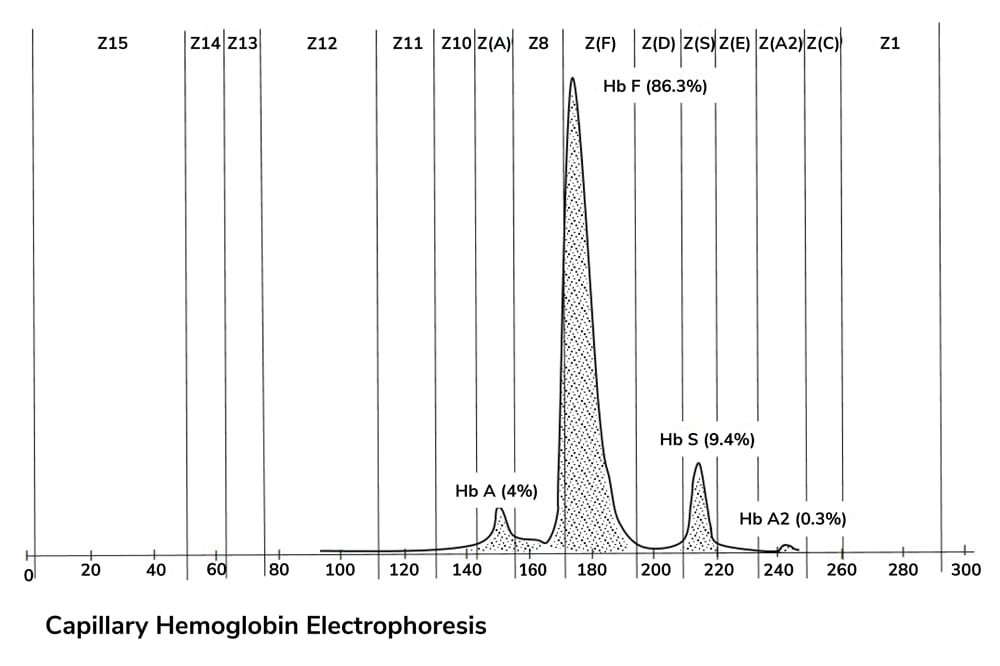Statistics for patients diagnosed with liver cancer are bleak – only 18.4 percent survive past five years in the US (1). The most common form of primary liver cancer, hepatocellular carcinoma (HCC), is notoriously difficult to treat, with multikinase inhibitors, such as sorafenib and regorafenib, extending overall survival by less than three months. But the future looks brighter; new research from a team led by Mien-Chie Hung at the University of Texas MD Anderson Cancer Center shows that a cellular pathway closely linked to cancer may prolong immunotherapy and reduce its side effects.
The pathway in question forms when the interleukin-6 (IL-6) protein activates the Janus kinase 1 (JAK1) enzyme. This process often occurs in tumors and has been linked to the regulation of programmed death ligand 1 (PD-L1), a protein known to suppress the immune system. “We discovered that the IL-6/JAK1 pathway enhances PD-L1 expression in HCC cells, making it a promising target for the development of treatments,” Hung explains.
To combat the action of the IL-6/JAK1 pathway, the team found that combining anti-IL-6 antibodies and anti-T-cell immunoglobin mucin-3 (anti-Tim-3) boosted T cell-killing effects in mouse models (2). They also showed that, across 183 HCC patients, those with high IL-6 expression had elevated PD-L1 expression – confirming the link between high IL-6 levels and poor prognosis.
On the potential applications of their discovery, Hung says, “Anti-IL-6 antibodies could be used to prevent PD-L1 glycosylation, leading to PD-L1 downregulation as well as impeding its localization on the cell surface.” Given that immune checkpoint inhibitors have been shown to stimulate IL-6 production, blocking the IL-6 pathway could also lessen the side effects of immunotherapy and extend its duration for HCC patients.
After showing synergistic efficacy in animal models, a combined therapy of anti-IL-6 and anti-Tim-3 certainly appears promising. “We are looking forward to collaborating with the scientific and medical community to initiate clinical trials to treat HCC patients, who currently lack access to effective treatment,” says Hung.

References
- National Cancer Institute, “Cancer stat facts: liver and intrahepatic bile duct cancer” 2016. Available at: https://bit.ly/2j97Dnm. Accessed August 13, 2019.
- LC Chan et al., “IL-6/JAK1 pathway drives PD-L1 Y112 phosphorylation to promote cancer immune evasion”, J Clin Invest, 129, 3324–3338 (2019). PMID: 31305264.




